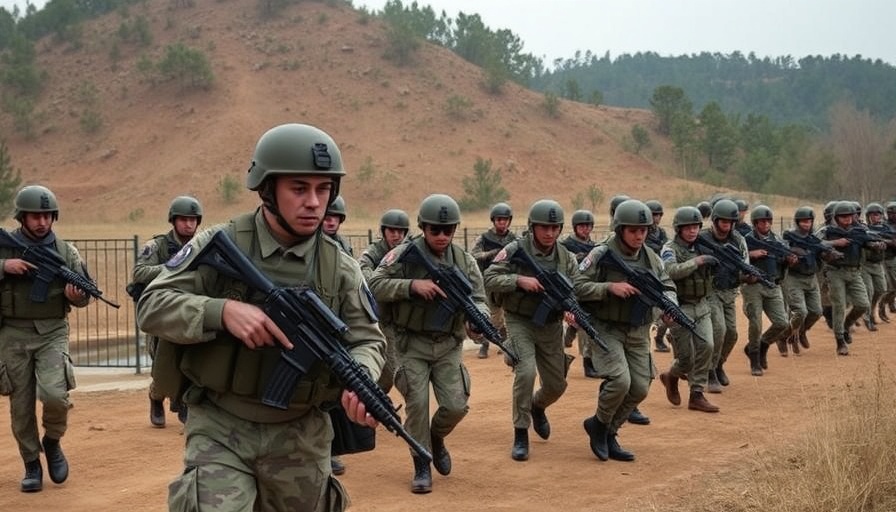
Uncovering a Tragic Misstep in Military Operations
In a shocking revelation, U.S. Navy SEALs were involved in the tragic deaths of North Korean civilians during a covert operation in 2019, as reported by the New York Times. This mission, which aimed to install a listening device amid tense diplomatic discussions, turned into a nightmare, leading to the loss of innocent lives.
Context: The High-Stakes Diplomatic Climate
The operation took place during a critical period when President Donald Trump was engaging with North Korean leader Kim Jong Un in historic talks. The U.S. was attempting to negotiate denuclearization, and actions taken during this fragile diplomatic phase reflected the high stakes involved. Unfortunately, this mission mistakenly led to chaos instead of intelligence gathering.
Details of the Incident
According to sources, the civilians were simply diving for shellfish when they unexpectedly encountered the SEALs on the shore at night. The team, operating under tense pressures, opened fire, a decision the Pentagon later justified under rules of engagement, though the specifics of these rules remain undisclosed.
The Aftermath and Implications
The consequences of this tragic event extend far beyond the immediate loss of life. This incident raises profound questions about military conduct and accountability, particularly in covert operations. It also potentially jeopardizes U.S.-North Korea relations, which have been teetering since the failed negotiations, providing more fodder for the North Korean government's propaganda machine.
Historical Context and Lessons Learned
This incident is not isolated in history. Countries often grapple with the challenge of balancing military objectives with ethical considerations. The tragic botched mission serves as a reminder of the human cost of war, often overshadowed by political motives. Reflecting on such events compels us to question how military operations can be better executed while adhering to humanitarian standards.
Future Predictions: Evolving Military Ethics
Moving forward, this incident could initiate a reevaluation of military engagement rules, especially in complex diplomatic scenarios. As public scrutiny grows over military actions, there may be calls for enhanced protocols that prioritize civilian safety and operational transparency. Future operations may reflect this changing ethos, where the imperative to avoid civilian casualties becomes paramount.
Counterarguments and Diverse Perspectives
While many condemn the actions leading to civilian deaths, there are arguments suggesting the complexities of modern military operations necessitate difficult decisions. Proponents of military action often cite scenarios where intelligence gathering is critical for national security, asserting that mistakes can happen in unpredictable situations. This highlights a fundamental tension between operational necessity and ethical accountability in the military.
Conclusion: The Urgency of Ethical Military Conduct
The killing of North Korean civilians by U.S. commandos during a clandestine operation is a stark reminder of military operations' unpredictability and consequences. This incident compels a deeper examination into military engagement rules to ensure that future operations are corrected to prevent human tragedies. As the world continues to wrestle with complex geopolitical challenges, ensuring the ethical conduct of military operations must remain a priority.
 Add Row
Add Row  Add
Add 



Write A Comment